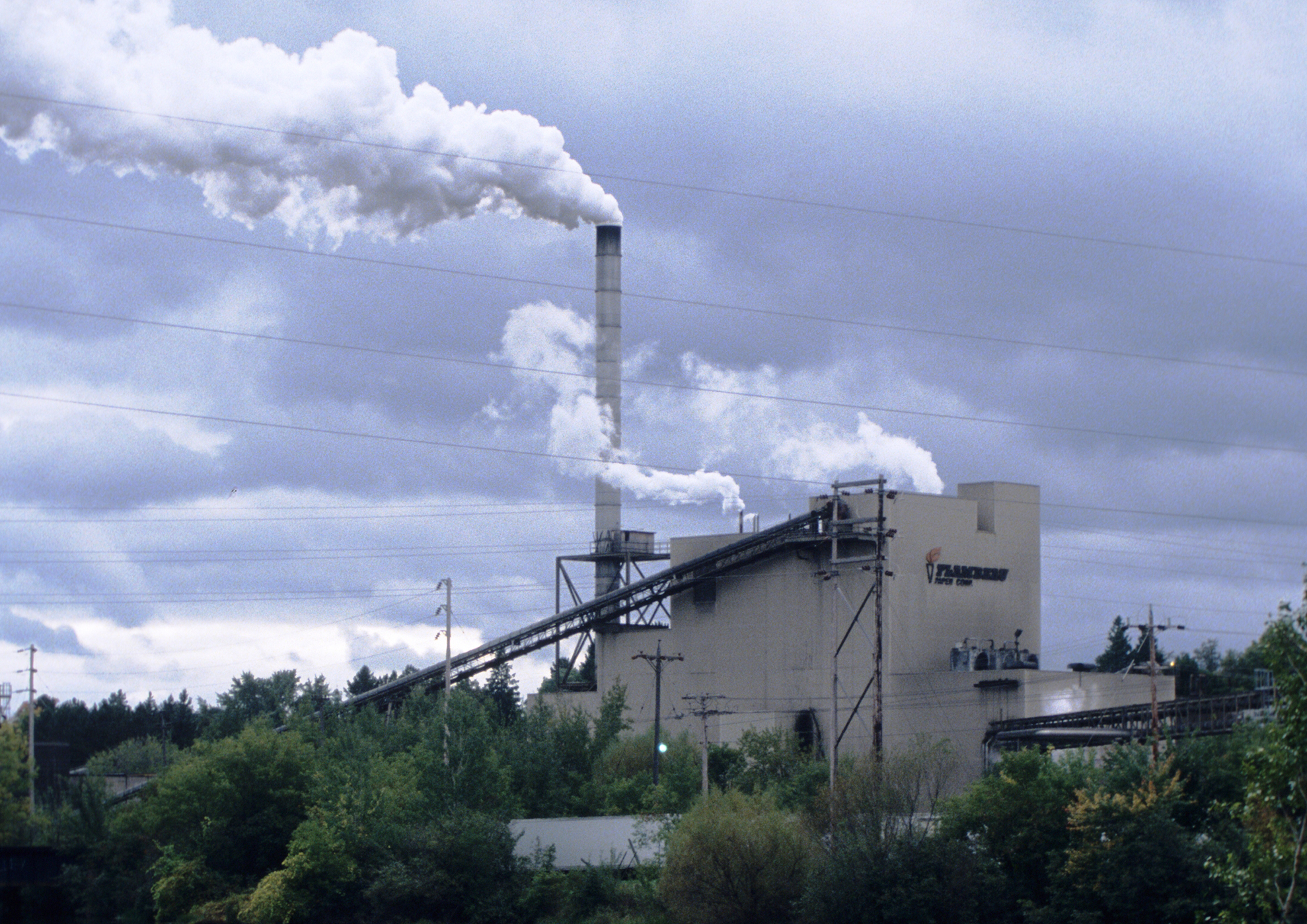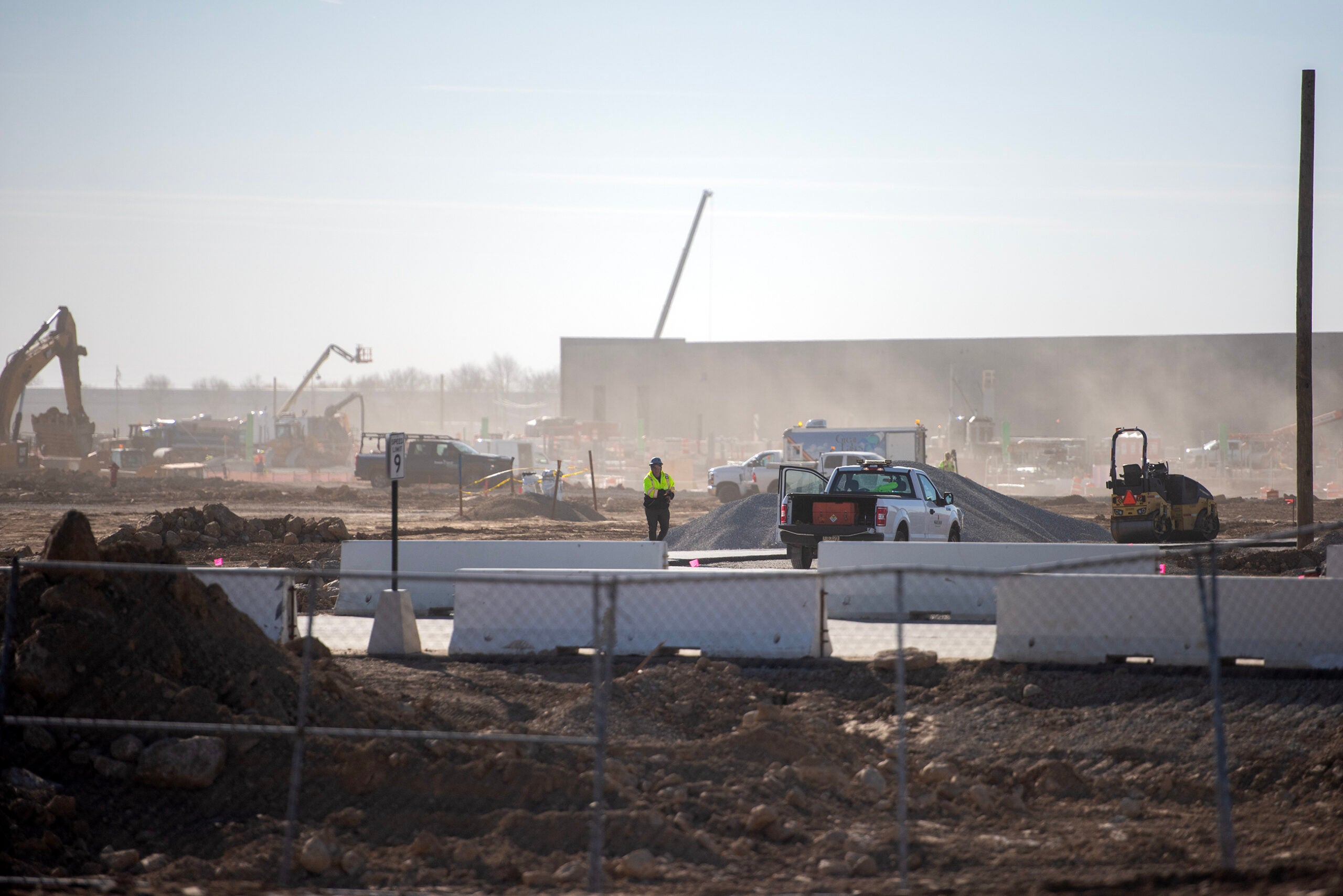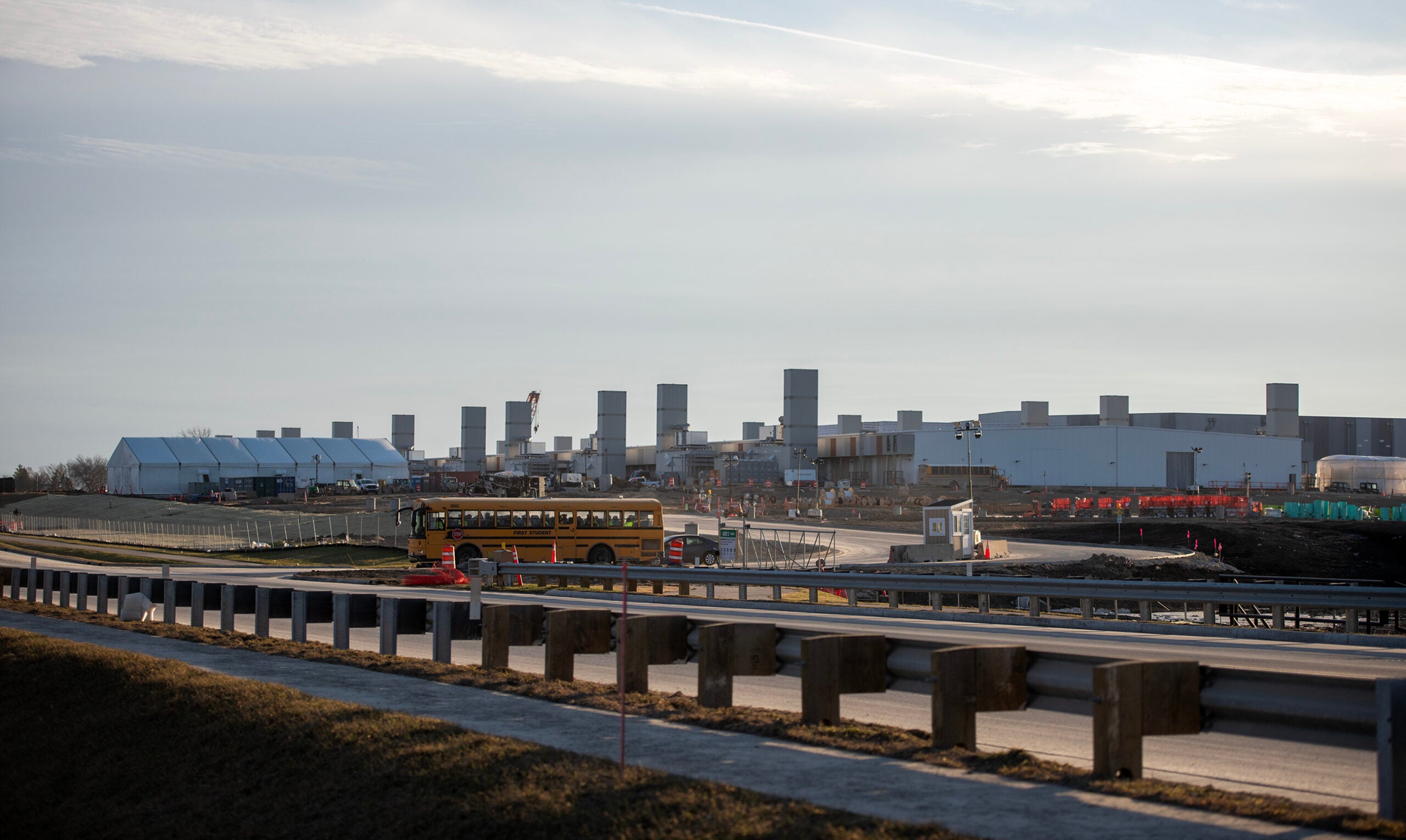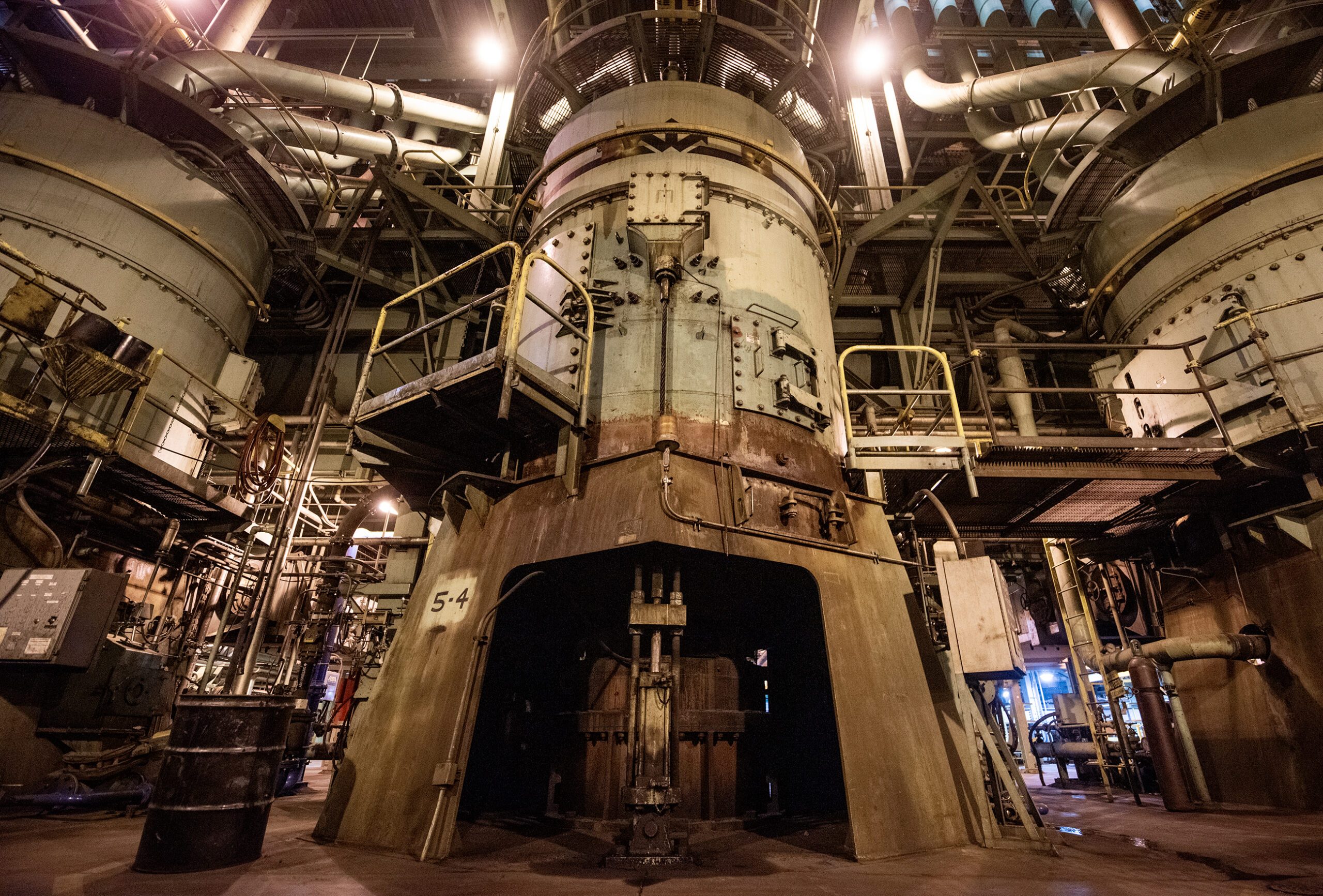For more than 40 years, John Tapplin worked at the paper mill in Park Falls. As a machine tender, Tapplin made paper along with hundreds of other employees for decades until the mill shut down for good last year.
“The place was good to me over the years. I raised four kids and built a good life there,” said Tapplin, who served as the mill’s union president. “It’s sad to see it go away because now other people aren’t going to have that opportunity.”
During its heyday, Tapplin said as many as 650 people worked at the mill out of the city’s roughly 2,400 residents. Now, Tapplin sometimes wakes as early as 3:30 a.m. to haul logs on a roughly two-and-a-half-hour drive to a mill in Cloquet, Minnesota. Since the closure, he said former mill employees have found other jobs or moved out of the area.
News with a little more humanity
WPR’s “Wisconsin Today” newsletter keeps you connected to the state you love without feeling overwhelmed. No paywall. No agenda. No corporate filter.
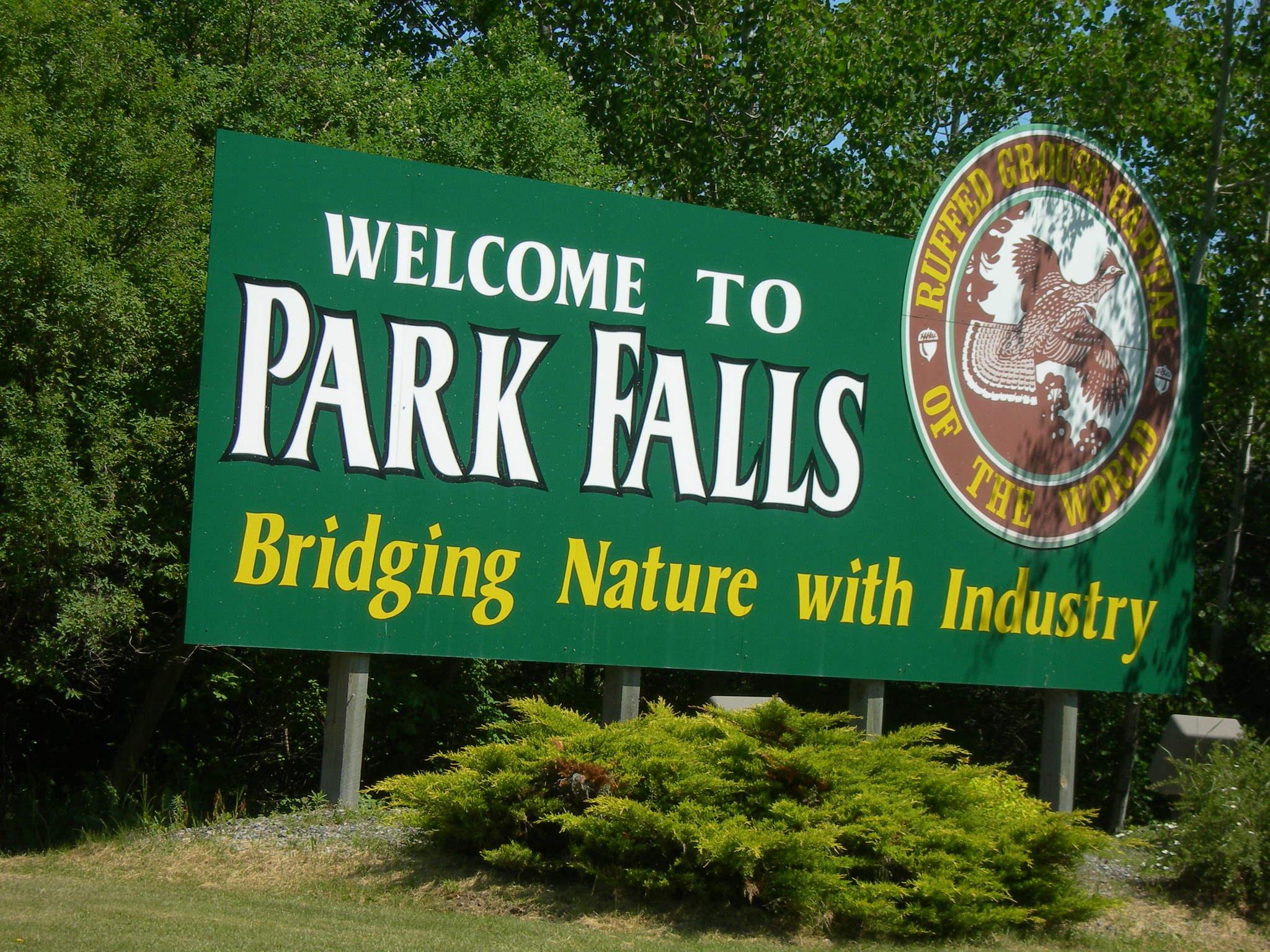
Jimmy Emerson, DVM (CC BY-NC-ND 2.0)
“This was once a real thriving community, and now it’s more like a retirement village,” said Tapplin.
For more than 120 years, the mill operated near the Flambeau River in Park Falls. Now that it’s closed, the city is trying to redefine itself as the new owner seeks to lease the space to other businesses. Around 100 remaining workers lost their jobs when the mill shut down in the spring of 2021, according to Park Falls Mayor Michael Bablick.
“This town has always had a mill. … Our entire existence has had some sort of operation on the Flambeau River,” he said. “We’ve been trying to re-identify ourselves as a great place to raise families and expanding our current local manufacturers to make up for the loss of jobs.”
Mill site becomes the home of a crypto-mining operation
The paper mill operated under several different owners since opening in 1896. The mill almost shut down in 2006 when Ohio-based SMART Papers filed for bankruptcy. The mill had idled for months before Flambeau River Papers bought it with the help of a $4 million loan from the state, according to media reports.
Bablick said the mill’s demise slowly happened over time when Flambeau River Papers shut down one of its machines in 2018. The company sought an alternative to bankruptcy, falling into receivership. Then, the COVID-19 pandemic hit. An out-of-state entrepreneur re-opened the mill under a different name in late 2020, but it was shut down the following spring.
A bipartisan group of lawmakers put forth a proposal last year to loan a cooperative of timber professionals $65 million through COVID-19 relief to keep the Park Falls mill and another in Wisconsin Rapids from shuttering. Gov. Tony Evers vetoed the bill because of fears that federal guidelines would bar that funding from going to the mills, opening the state to the risk that it may have to repay that money to the federal government.

Now, Northwoods Group Realty owns the former mill site. Jordan Feldman, who owns the company and serves as vice president of Global Equipment International, said he and partners are looking to lease space to other manufacturers or companies. The Delaware-based business has already been leasing space to a crypto-mining operation owned by SOS Limited.
“They actually have several containers up and running already. The containers hold these computers that essentially use energy to mine Bitcoin and other cryptocurrencies,” said Feldman. “It’s a very popular thing in North America right now for these groups to invest in sites that have access to large amounts of energy. So, that is essentially why this particular site is a good fit for that operation.”
According to Forbes, Bitcoin mining is a process where a network of computers verify online transactions and generate new Bitcoins. The process requires a lot of electricity. The University of Cambridge estimates Bitcoin requires electricity at a rate of 127 terawatt-hours (TWh) each year. Forbes reported that exceeds the amount of electricity used by Norway in a year.
SOS Limited announced the launch of its Super Computer Center in April. The company has four mining modules at the mill site and wants to add two more. According to a Securities Exchange Commission filing, the company spent $26.8 million on its Wisconsin Super Computer Center to build up its hosting service in North America after the Chinese government banned certain types of cryptocurrency mining. A company executive did not respond to a request for comment.
Feldman said they want to attract multiple tenants to the site to employ more people in the area. While several groups have expressed interest, he said they’re continuing to liquidate the site and sell off idle assets.
For its part, Bablick said the city has also sought grants and tax incentives to support other manufacturers in town, including Weather Shield. The manufacturer of doors and windows made a $3.6 million investment last year to expand its facility in Park Falls with the help of $225,000 in state tax credits. The expansion could create up to 63 new jobs. St. Croix Rods, which makes fishing rods, also acquired the building that once housed a Shopko store.
“I think we’re doing all we can to make the best of what has been a very, you know, sad and bad situation,” Bablick said.
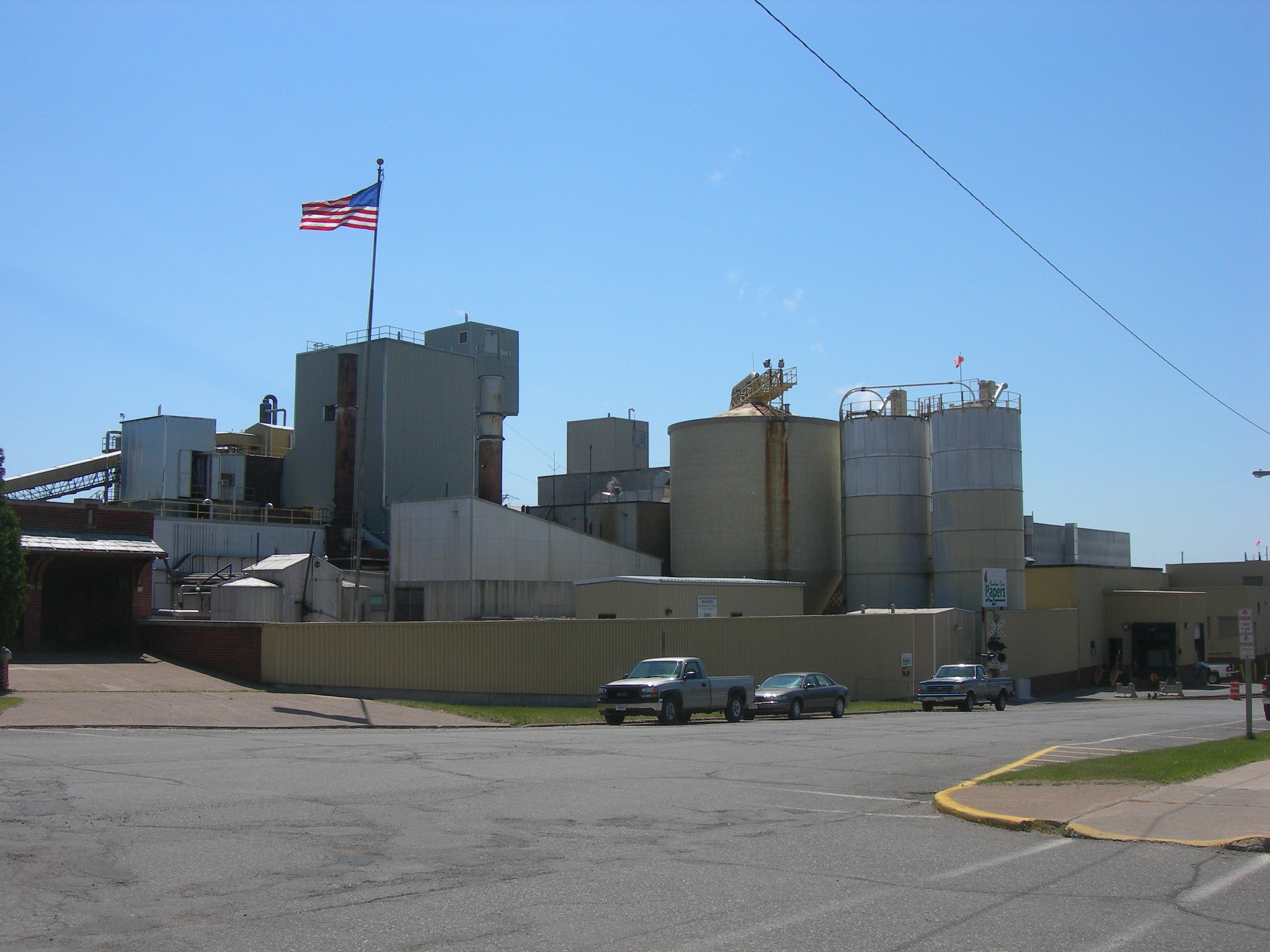
Jimmy Emerson, DVM (CC BY-NC-ND 2.0)
The loss of the mill leads to water woes
The closure of the mill has also meant the loss of the city’s largest water customer, which will drive up water rates for residents.
Bablick said water demand has dropped between 50 and 75 percent. Without the mill operating, the city has had to run around 250,000 gallons of water a day during the winter to keep water mains that served the mill from freezing. The city also drilled wells around 20 years ago to provide enough water for the mill to operate. Bablick said the city’s water utility is still paying off around $1 million in debt.
Brentt Michalek, the city’s administrator, said Park Falls has the capacity to use around 1.25 million gallons of water each day.
“We do have the capacity to either ship or bottle a lot of water, and it’s an interesting concept. It can be a little controversial, but we have an enormous capacity that we just aren’t using,” he said.
In August, Gov. Tony Evers announced a $3.75 million grant funded by COVID-19 relief to help the city update its water infrastructure. The city’s mayor said that should help fix the utility’s aging water mains.
Without the funding, Bablick said the city was facing a roughly 75 percent increase in water rates. A customer using 8,000 gallons each quarter would have paid around $25 more per month. Now, the city plans to file a new rate case that’s expected to increase water rates around 4.5 percent. Bablick said customers may pay between $5 to $10 more per month.
“There will be other rate increases coming, we just are trying to minimize it to the maximum extent,” he said.
Any proposal to raise rates will be subject to approval by the Public Service Commission of Wisconsin. In the meantime, the city is navigating COVID-19 supply constraints as it seeks pipes to make improvements to its water infrastructure. The city has until the end of 2024 to spend grant funds from the state, and officials hope to begin that work sometime in spring or summer of next year.
“Mill towns they either roll over and die, or they stand and fight,” Bablick said.
The city’s mayor said leaders are “fighting like hell” to keep Park Falls moving forward.
Wisconsin Public Radio, © Copyright 2025, Board of Regents of the University of Wisconsin System and Wisconsin Educational Communications Board.

